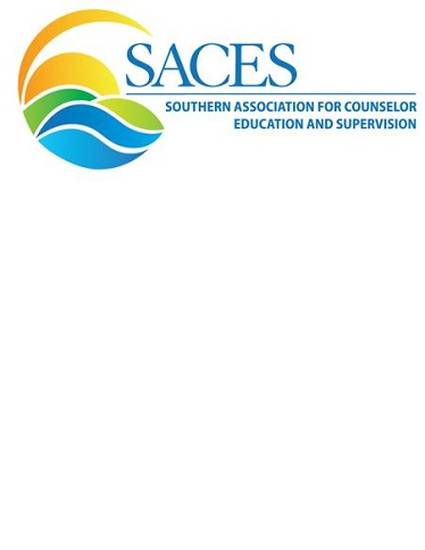
Article
Cohort Support and Professional Identity Development for First-Year Doctoral Students During COVID-19
SACES Newsletter
(2020)
Abstract
The professional identity development of counselor educators begins during their doctoral preparation program (Calley & Hawley, 2008; Carlson, et al., 2006). Within the first year of counselor education doctoral programs, faculty have honest and frequent conversations about the major roles of a counselor educator (i.e., teacher, researcher, supervisor, service) and what the professional identity development processes may look like. Limberg et al. (2013) described experiential learning opportunities (e.g., teaching, participating on research teams, supervising students) as being crucial to professional identity development of counselor education doctoral students within a doctoral preparation cohort model. For many, COVID-19 shifted expectations for the first year in a doctoral program. Specifically, many face-to-face experiential learning opportunities moved to an online format, disrupting expectations for identity development milestones (Limberg et al, 2013; Protivnak & Foss, 2009).
Disciplines
Publication Date
Summer 2020
Citation Information
Shelby K. Gonzalez, Thomas Toomey and Olivia L. Lewis. "Cohort Support and Professional Identity Development for First-Year Doctoral Students During COVID-19" SACES Newsletter (2020) p. 16 - 17 Available at: http://works.bepress.com/shelby-gonzales/1/
